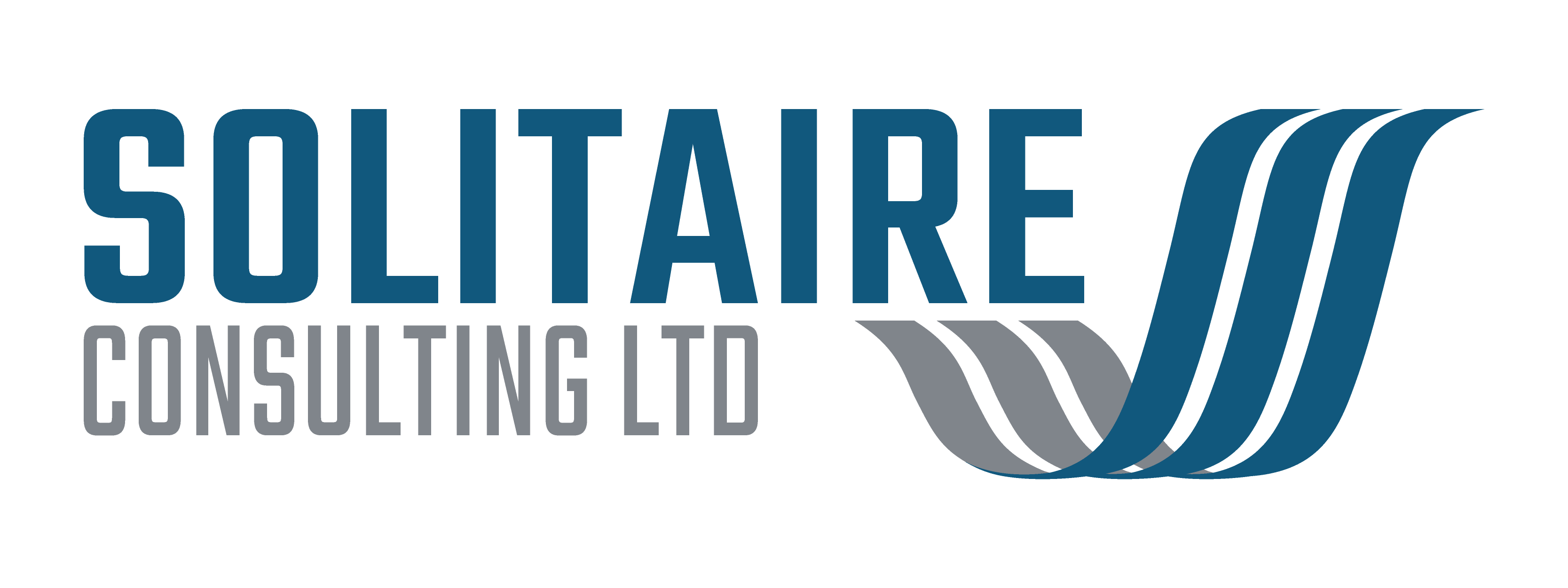In the digital age, the success of a business will often be dependent on the robustness of its core business systems. Regular system health checks are not just a maintenance routine; they are a strategic necessity. Paul Every, the founder and CEO of Solitaire Consulting, champions this practice as a means to ensure that firms are extracting maximum value from their technology investments.
The unseen value of a system health check
A comprehensive system health check goes beyond mere troubleshooting; it is a deep dive into the operational heart of a business. It uncovers inefficiencies, identifies underutilised resources, and aligns system functionalities with business objectives. The result is a more agile, responsive, and competitive enterprise.
Common pitfalls in IT system management
Our extensive experience working with many of the most widely used ERP systems reveals that a lot of businesses suffer from similar IT system ailments:
- Poor Data Quality: The quality and integrity of data is often poor which has a direct impact on the value attributed to management information and reports based on this data;
- Partial Utilization: Systems are often underutilized, with powerful features left untouched. This could be because these features were not available when the system was first implemented;
- Out of Date / Support: Core systems are often not upgraded as often as they should. This means they could contain vulnerabilities, defects or are running on platforms that are close to their end of support;
- Misconfiguration: Systems may be poorly configured, not aligning with the business’s evolving needs;
- Training Deficiencies: Employees may lack adequate training, leading to underperformance;
- Permission Imbalances: Inappropriate permission settings can either restrict necessary access or expose sensitive data; and
- Automation and Integration Shortfalls: A lack of automation and integration with other business systems can hamper efficiency and data flow.
Case Study: Optimizing TrustQuay NavOne for enhanced system efficiency
In the pursuit of operational excellence, a comprehensive system health check was conducted for a prominent financial services provider using TrustQuay NavOne. The review, carried out by industry experts Paul Every and Tracey Watson, was aimed at evaluating the system’s utilisation and identifying areas for enhancement.
Findings and improvements
The review unveiled that, overall TrustQuay NavOne was being utilised effectively, with significant corporate knowledge embedded within the teams.
However, there were opportunities for improvement, particularly in the realms of client accounting and reporting. The system’s robustness in handling complex trust administration and accounting tasks was reaffirmed, yet the need for further training and the configuration of additional functionality was evident.
Strategic recommendations
Strategic recommendations were made to harness the full capabilities of NavOne. These included:
- Enhanced Training: Tailored training sessions were proposed to empower staff with advanced features and functionalities of NavOne.
- System Configuration: Additional functionalities were suggested to be configured within NavOne to align with the evolving business needs and regulatory requirements.
- Data Integrity: The use of Alteryx for data integrity and error rectification was highlighted as a pragmatic approach, complementing the system’s capabilities.
Outcome
Post-implementation of the recommended strategies, the financial services provider experienced a significant uplift in system efficiency and data processing accuracy. The proactive measures not only optimized the existing system but also paved the way for a more streamlined and effective utilization of TrustQuay NavOne.
This case study emphasizes the importance of regular system health checks and the value they bring in optimizing IT investments. It serves as a testament to the fact that even well-implemented systems like TrustQuay NavOne can benefit from periodic reviews to ensure they continue to meet the dynamic needs of a business.
Whilst this case study is based on TrustQuay NavOne (a system based on the Microsoft Business Central platform), this isn’t the only system our consultants have experience in. Over the last decade we have built us significant experience with the following systems within the International Trust and Corporate Services sector:
- Acumen
- eDOCS
- eFront
- FlyingBoat
- Laserfiche
- Jobstream
- PlainSail
- TrustQuay 5Series
- TrustQuay NavOne
- TrustQuay Online
- Viewpoint
- Wealthworks+
We can also provide more generic advice on the health of any line of business application, including ERP, Document Management, FinTech and RegTech systems.
Embracing the full spectrum of IT capabilities
Solitaire Consulting’s approach to system health checks is both diagnostic and prescriptive. We not only identify issues but also provide actionable recommendations that lead to immediate improvements and strategic advantages. Our methodology is designed to unlock the full potential of your IT investments, ensuring that your systems are not just operational but optimized.
The strategic edge of regular reviews
In conclusion, regular system health checks are a critical component of strategic IT management. They ensure that technology serves as a catalyst for business growth, not a bottleneck.
What next?
We’ve created a short questionnaire as a diagnostic tool to identify what ailments your system might be suffering from. If you complete the questionnaire we will review your answers and provide you with a free 30-minute consultation to help identify improvements. The more feedback you provide in the questionnaire, the better targeted our advice will be.
This is your first step towards optimizing your organisation’s system for peak performance.





